 In a medical malpractice lawsuit, there are numerous procedural and evidential requirements with which a plaintiff must comply to support their claim. This case illustrates what can happen if a plaintiff does not comply with these requirements, specifically providing expert testimony supporting the malpractice claim.
In a medical malpractice lawsuit, there are numerous procedural and evidential requirements with which a plaintiff must comply to support their claim. This case illustrates what can happen if a plaintiff does not comply with these requirements, specifically providing expert testimony supporting the malpractice claim.
Tanya Madere filed a lawsuit against Dr. Louise Gautreaux Collins. Madere claimed she suffered complications from a gynecological surgery due to Collins’ negligence, including kidney complications and the need for additional surgeries and treatment. A medical review panel was found in favor of Collins. Madere then filed a lawsuit against Collins.
Collins filed a summary judgment motion, arguing Madere’s claims should be dismissed because she had not provided expert testimony to support her claim that Collins had not followed the applicable standard of care or to support that the breach had resulted in Madere’s injuries, as required under Louisiana law. See Samaha v. Rau. Madere opposed Collins’ summary judgment motion, arguing she had retained Dr. Lawrence Kim as an expert and needed time to complete discovery. The court continued the hearing related to Collins’ summary judgment motion for a few months.
 Louisiana Personal Injury Lawyer Blog
Louisiana Personal Injury Lawyer Blog


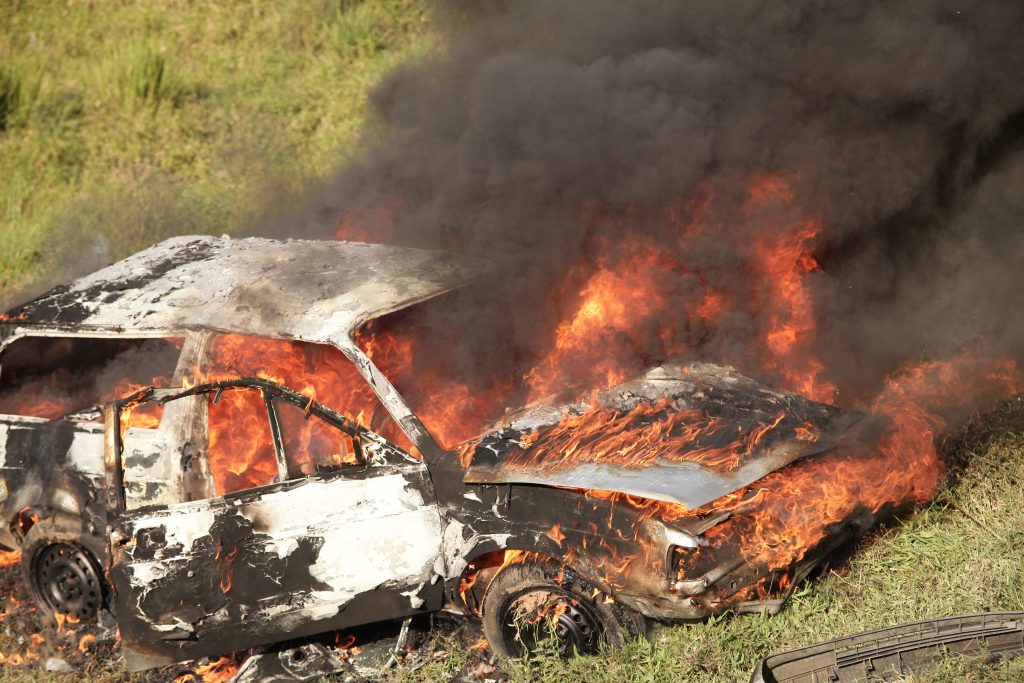 Assigning fault in a vehicle accident can be challenging, especially when witnesses present conflicting accounts of what transpired. The struggle to ascertain the truth becomes even more pronounced when there are discrepancies in testimony regarding the events leading up to the accident. But what happens when conflicting narratives emerge in court? The following lawsuit out of New Orleans helps answer that question.
Assigning fault in a vehicle accident can be challenging, especially when witnesses present conflicting accounts of what transpired. The struggle to ascertain the truth becomes even more pronounced when there are discrepancies in testimony regarding the events leading up to the accident. But what happens when conflicting narratives emerge in court? The following lawsuit out of New Orleans helps answer that question. Unfortunately, heart attacks are one of the most common causes of death. If a loved one suffers a heart attack while on the job and you file a workers’ compensation claim, you must provide evidence to support your claim. But what happens if the employer files a motion for summary judgment before you can complete discovery?
Unfortunately, heart attacks are one of the most common causes of death. If a loved one suffers a heart attack while on the job and you file a workers’ compensation claim, you must provide evidence to support your claim. But what happens if the employer files a motion for summary judgment before you can complete discovery? 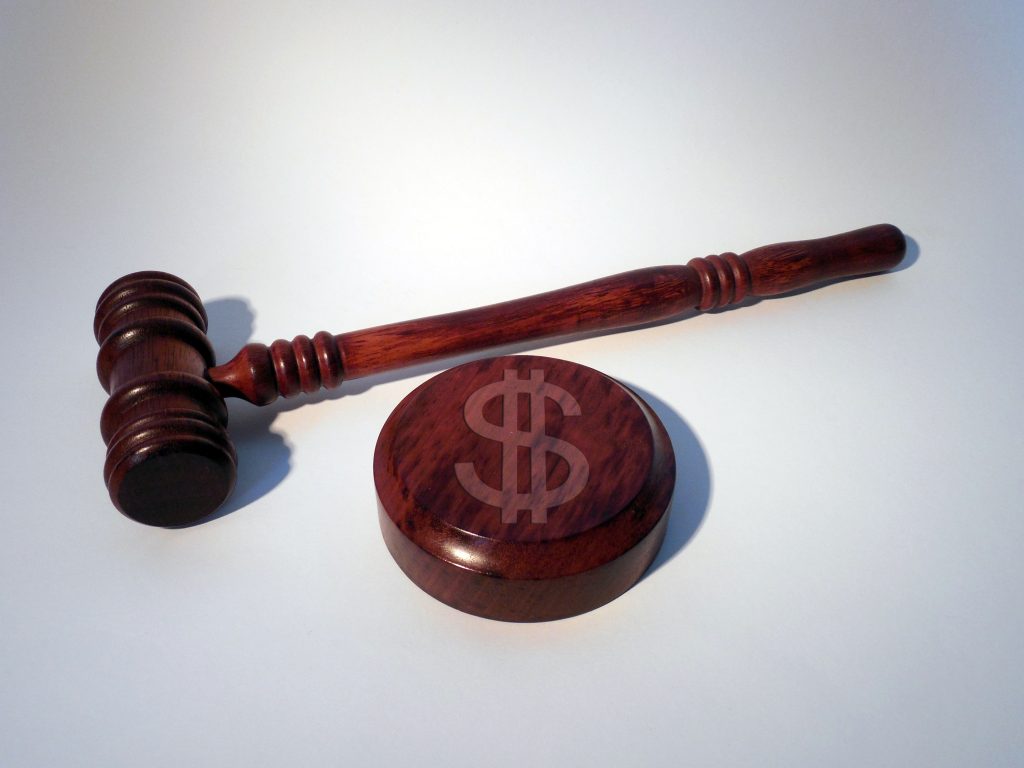 Every day, individuals rely on the court system to resolve disputes, to ensure due process, and to serve justice. Individuals who are victims of an accident and suffered injury often need the courts to be restored to their previous condition. However, when a court issues an unclear final judgment, you need an excellent attorney to assist in sorting through the confusion and helping you find relief.
Every day, individuals rely on the court system to resolve disputes, to ensure due process, and to serve justice. Individuals who are victims of an accident and suffered injury often need the courts to be restored to their previous condition. However, when a court issues an unclear final judgment, you need an excellent attorney to assist in sorting through the confusion and helping you find relief. Dealing with the elements is an inherent part of construction work. Yet, sometimes the elements get unexpectedly unruly. This is where insurance is supposed to step in and compensate for delays or damage. In the following case, however, overlapping insurance policies made determining who should step up difficult.
Dealing with the elements is an inherent part of construction work. Yet, sometimes the elements get unexpectedly unruly. This is where insurance is supposed to step in and compensate for delays or damage. In the following case, however, overlapping insurance policies made determining who should step up difficult. 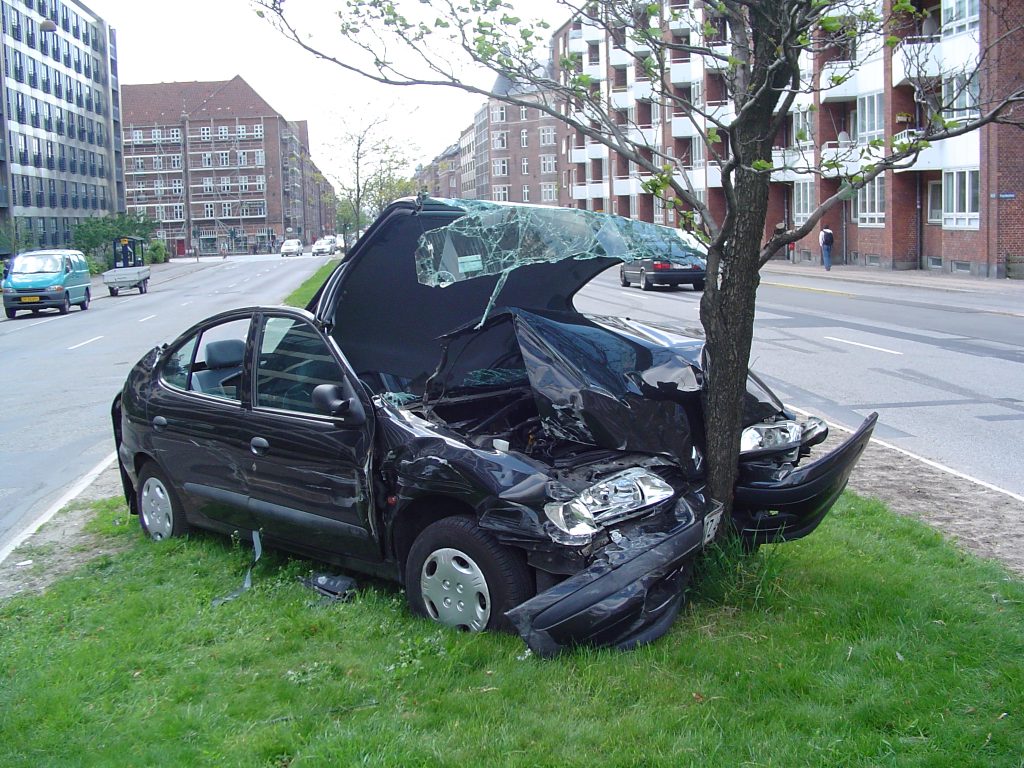 If you ever find yourself injured in a car accident, it’s crucial to seek legal advice from a licensed attorney in your jurisdiction. Consulting with an attorney can help you understand your rights and determine if you are entitled to compensation, depending on the allocation of fault. Car accidents can be complex, and navigating the legal process requires expert guidance.
If you ever find yourself injured in a car accident, it’s crucial to seek legal advice from a licensed attorney in your jurisdiction. Consulting with an attorney can help you understand your rights and determine if you are entitled to compensation, depending on the allocation of fault. Car accidents can be complex, and navigating the legal process requires expert guidance.  From a serious crash to a minor fender bender, car accidents take a devastating emotional and financial toll on the people involved. Common principles of fairness suggest that if a distracting passenger helped cause the crash, they should also be liable to help pay. Unfortunately, deciding which acts are sufficiently distracting enough to warrant liability in comparative negligence law can be complicated. The thought-provoking lawsuit of Christy Robinette versus Old Republic Insurance Company sheds light on this issue, raising the question: Should courts restrict liability for passengers who contribute to distractions?
From a serious crash to a minor fender bender, car accidents take a devastating emotional and financial toll on the people involved. Common principles of fairness suggest that if a distracting passenger helped cause the crash, they should also be liable to help pay. Unfortunately, deciding which acts are sufficiently distracting enough to warrant liability in comparative negligence law can be complicated. The thought-provoking lawsuit of Christy Robinette versus Old Republic Insurance Company sheds light on this issue, raising the question: Should courts restrict liability for passengers who contribute to distractions?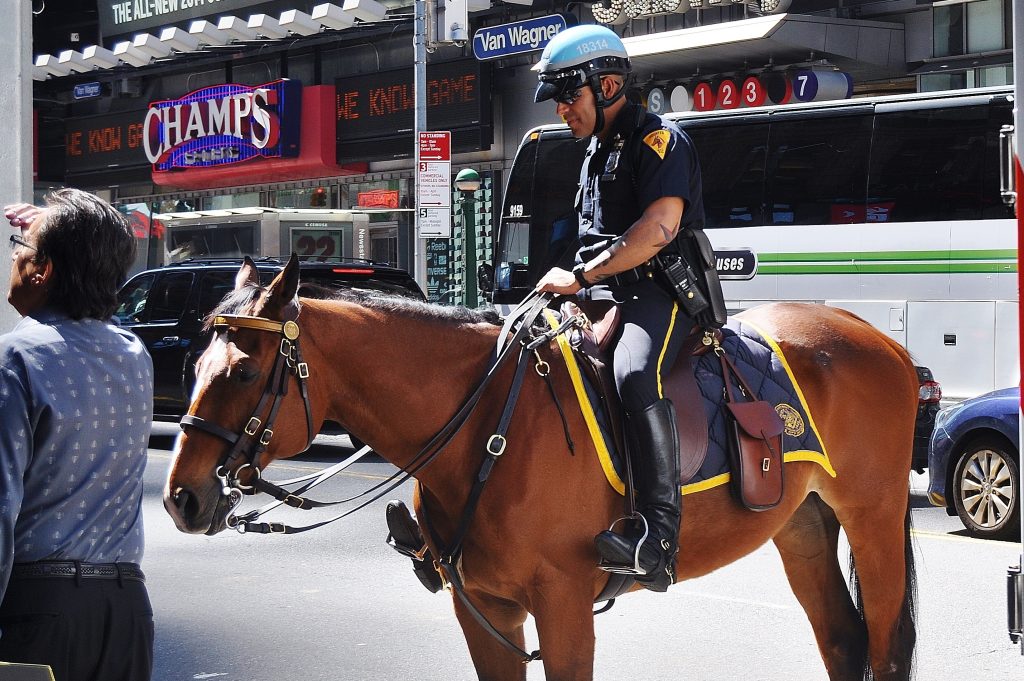 Workplaces have rules employees must follow. Termination for violation of these rules must be in good faith. What happens when an employee argues he was fired arbitrarily? The following case helps answer this question.
Workplaces have rules employees must follow. Termination for violation of these rules must be in good faith. What happens when an employee argues he was fired arbitrarily? The following case helps answer this question. 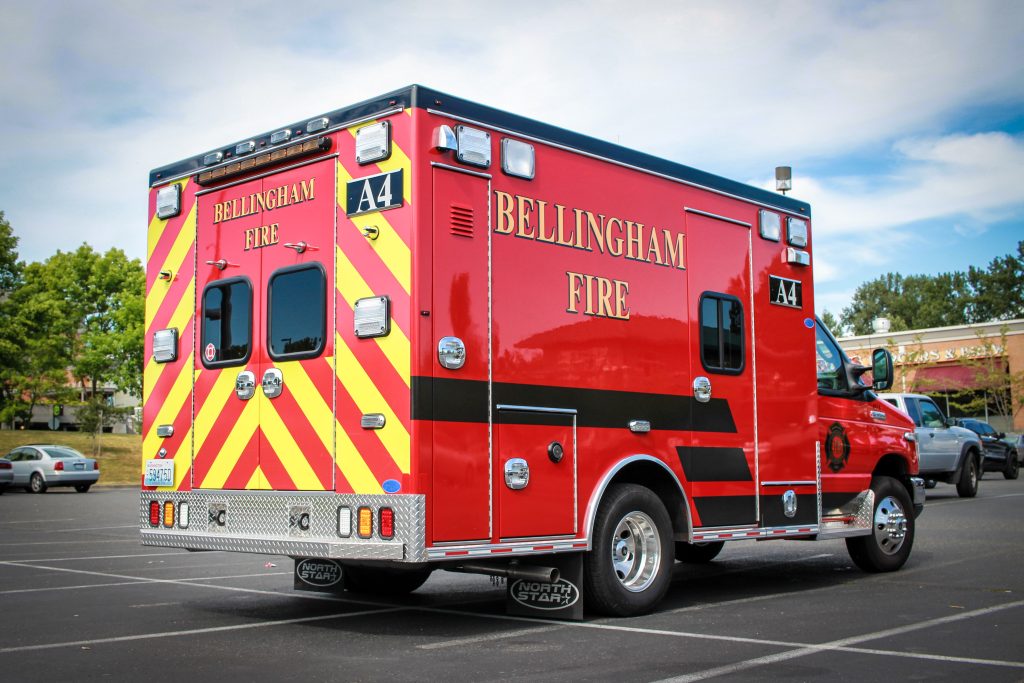 Determining liability can be complex when a car crash occurs and even more so when one of the vehicles involved is an ambulance. In Louisiana, the law applies a unique standard of care to emergency vehicle drivers. So what are the liability standards for ambulances and other emergency vehicle drivers involved in car accidents? The following lawsuit out of Lafayette, Louisiana, helps answer that question.
Determining liability can be complex when a car crash occurs and even more so when one of the vehicles involved is an ambulance. In Louisiana, the law applies a unique standard of care to emergency vehicle drivers. So what are the liability standards for ambulances and other emergency vehicle drivers involved in car accidents? The following lawsuit out of Lafayette, Louisiana, helps answer that question. We have all heard advice not to procrastinate. This is especially true if you are considering bringing a lawsuit. If you are considering filing a medical malpractice lawsuit against your doctor, you cannot wait indefinitely because Louisiana law has strict time limits for filing medical malpractice lawsuits. The following case out of Lafayette Parish shows the harsh consequences if you delay filing your case.
We have all heard advice not to procrastinate. This is especially true if you are considering bringing a lawsuit. If you are considering filing a medical malpractice lawsuit against your doctor, you cannot wait indefinitely because Louisiana law has strict time limits for filing medical malpractice lawsuits. The following case out of Lafayette Parish shows the harsh consequences if you delay filing your case.